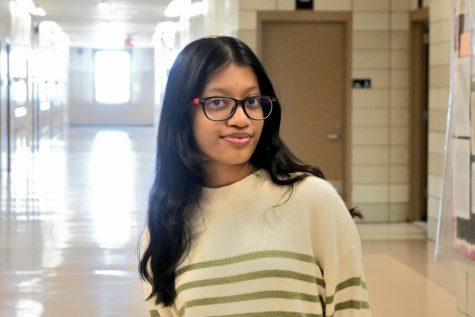
Since March 25, the 2020-2021 Student Union election has been underway, with candidates campaigning virtually through numerous social media platforms and voting sequences before the final election.
Sophomore Gabriella Fusco, who is running for SU Secretary, said she believes the SU “takes high initiative” at THHS which is one of the reasons she was inspired to run for SU Secretary.
Similarly, sophomore Catherine Fang, who is running for Junior BSAC, said that she “was inspired by the SU’s efforts to create fun, successful events and [she] wants to be personally involved in improving Queens’ student life.”
Many candidates, however, said they found that while a position on the Student Union Executive Board is valuable, campaigning is not an easy feat, especially virtually. “I think campaigning virtually has some challenges because it is more difficult to communicate with the student body as not everyone uses social media or is active on the social media platforms,” said junior Juney Liu, who is running for Treasurer. “This makes campaigning a little more difficult as students may not be able to gain a holistic understanding of each candidate and get to know them better, compared to campaigning in school where candidates would be able to have conversations and build a stronger connection with the student body.”
However, some candidates who were accustomed to campaigning virtually weren’t as affected by these circumstances. Junior Lauren Jun, current Public Relations representative and running Club Liaison, said that because she had campaigned virtually last year, she was familiar with effective ways to manage a digital campaign. “Most students have platforms like Instagram, Snapchat, and TikTok, so it’s relatively easy to reach them. I think the only challenge might be connecting with students that do not have social media, but I know that the SU is planning some things that will help with that,” she said.
Students who haven’t participated in the SU elections before, said that they have had greater difficulties in gaining influence through virtual campaigning. Freshman Melinda Wang, Freshman-Sophomore Class President candidate, said, “Virtual campaigning is definitely a little more challenging than I would imagine in-person campaigning to be because you can’t interact with voters face to face. You also can’t give speeches in every class which can boost voter support.”
Still, many candidates have found solutions to these challenges by encouraging students to email, direct message, and schedule Zoom meetings with them. Freshman Daffny Cardoso, who is running to be the next Public Relations representative said that she “created numerous forms for students, [including] the option to meet with [her] on a Zoom call to discuss [her] campaigning, and many other ways to connect with students in a virtual setting.”
In some ways, campaigning virtually gave candidates advantages. Junior Jocelyn Wang, running for Club Liaison, said, “You don’t have to worry about putting posters and flyers around the school building. Everything’s centralized online, and it makes it more organized that way.”
The election process consists of two separate rounds of voting.The first phase was theSU Primary Election, which was for positions with three or more candidates. Primaries concluded on April 26 and April 27.
The final election will be held on May 4 and 5.





























